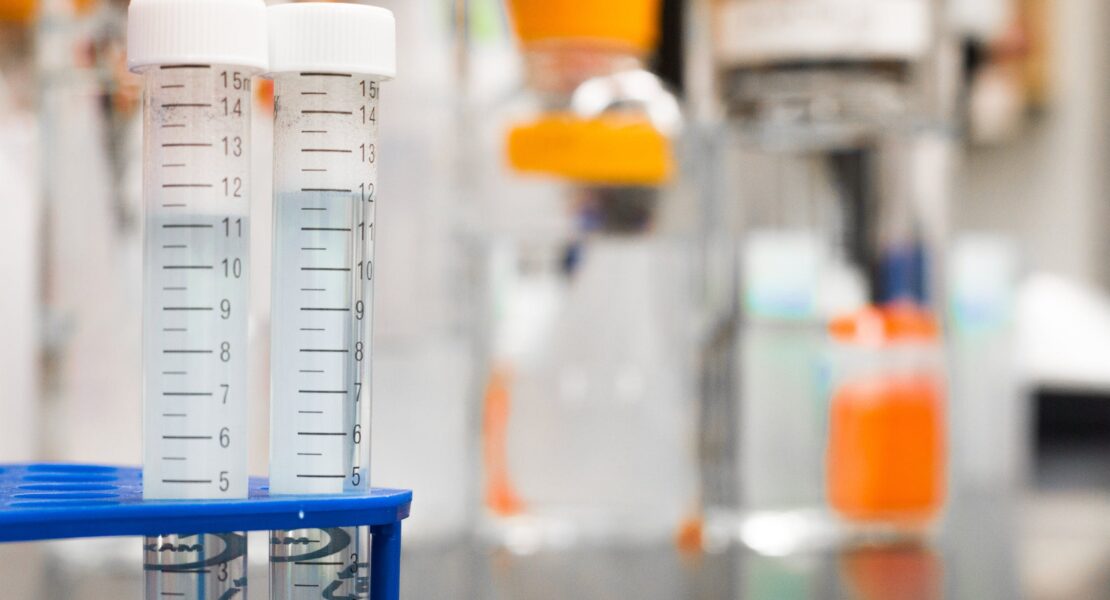Have you heard about the term “Phytochemical” but are not sure what it actually is? To put it simply, a Phytochemical is a highly purified reference substance that derives from plant life. The main responsibility of phytochemicals is to protect plants from insects and disease-causing organisms.
As Phytochemicals are capable of protecting plants from harmful organisms, many industries such as medical, agricultural, nutritional, and pharmaceutical sectors are interested in Phytochemicals. Research and development teams of those industries are studying and learning more about Phytochemicals to use them effectively.
This article will discuss various uses of phytochemical substances in different industries.
Benefits of Phytochemicals
Studies conducted on people whose diets contain a significant amount of plants are the primary source of evidence supporting the health benefits of phytochemicals. According to the findings of recent studies, the incidence of cancer and cardiovascular disease is significantly lower in this demographic than it is in the general population.
The American Institute for Cancer Research recommends adopting a diet that is predominantly plant-based. There is encouraging evidence that phytochemicals may have the ability to reduce the risk of cancer or assist in the elimination of cancer in those who already have it. Apart from that, other benefits of Phytochemicals include:
- Regulating hormones.
- Slowing the growth rate of some cancer cells.
- Reducing inflammation.
- Increasing the functionalities of the immune system.
- Protecting cells and DNA from Cancer.
Various Uses of Phytochemicals in Different Industries
Agricultural and Food Industry
The study of phytochemicals has shown novel ways in which these compounds can be used to improve the health of humans. The need to protect food crops from the attack of insects and fungi is becoming increasingly urgent as the population of the globe continues to climb, and phytochemicals are the answer to this problem.
As mentioned earlier, phytochemicals can be obtained through a diet rich in fruits, vegetables, and other plant-based foods. One possible source of phytochemical compounds for extraction is waste products from the food processing industry. In a monetary sense, this is beneficial to the food manufacturing sector.
It’s worth noting that a food’s quantity of these components is maximized with minimal processing and handling. Some constituents in food, including phytochemicals, are lost during preparation operations, such as grain refining and vigorous and prolonged heating. Phytochemicals, substances found in plants, are naturally present in many foods. With the help of bioengineering, it is possible to grow plants with even more phytochemicals.
Phytochemicals have antioxidant activity that might be used in making creams, functional foods, and fortified foods. Moreover, they also have antibacterial qualities that could be used in food preservation and medicine.
Pharmaceutical Industry
Phytochemicals, including botanical references, are the reason why the pharma industry is successful in making plant-based medicines that have fewer side effects.
For example, aspirin was derived from the phytochemical salicin, which occurs naturally in willow bark.
Botanical references such as celery seeds or Apium Graveolens is a common spice that is used to make herbal medicines to treat patients with low blood pressure. The active ingredients found in the root of Arctium Lappa get used to developing medicines that help in improving skin conditions and curing skin-related diseases like eczema.
Phytochemical-rich plant extracts are now being researched for their ability to suppress the growth of microorganisms in the mouth, hence lowering the incidence of dental caries and plaque. When tested against Streptococcus variants, one of the most common causes of oral infections, the ethanolic extract of C. Sinensis showed significant antibacterial action. This research could lead to the creation of phytochemical-rich plant extracts for use in dental prostheses and toothpaste, with the end goal of lowering the incidence of buccal infections.
The discovery of taxol was yet another important step that was made possible by research into the phytochemicals that are present in plants. Yew plants were used to extract paclitaxel, which is a chemical. It was developed in the 1990s and is currently included on the Model List of Essential Medicines maintained by the World Health Organization for the treatment of cancer.
Final Words
The utilization of the phytochemical component was essential to all of these breakthroughs, as they would not have been conceivable without such studies. Without it, these advancements that agricultural, food or pharma sectors have made would not have been achievable.




